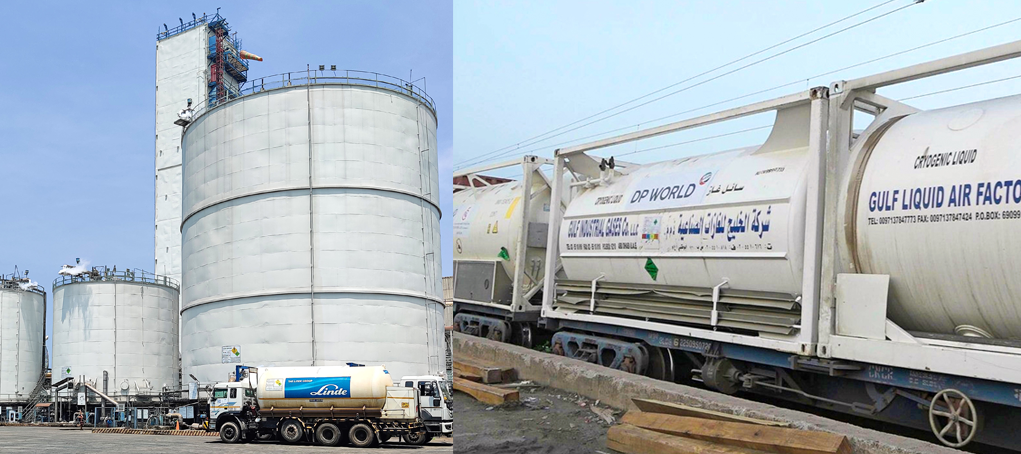The unprecedented health crisis triggered by the COVID-19 pandemic not only posed significant threat to human life, but also impacted livelihood.
As the containment measures brought economic activities to a halt, socio-economic fallout was significant. At Tata Steel, we rolled out multi-pronged programmes to ensure the health and safety of all stakeholders, while boosting healthcare infrastructure and providing immediate relief to the community.

During the first wave of COVID-19, the Tata Steel Foundation (TSF) undertook a 10-point #CombatCovid19 programme, reaching out to more than 10.5 lakh people across India.
The programme was recalibrated in early 2021 and has reached over 4.5 lakh people since. The basic objectives remain:
Enhancing public health systems capacity for communities
Meeting deficits of material, information and well-being
Creating economic and other opportunities to address sociological impacts of the pandemic
Reached out to
lives during the first wave
hours of volunteering
The primary emphasis in 2021 has been on expeditiously closing gaps in key consumables and equipment available with public health systems that serve communities in remote areas of Jharkhand and Odisha. These include ~50,000 home isolation kits, 3,78,000 testing kits, 10 ventilators and oxygen concentrators, while more than 6,000 oximeters and 2,000 thermal scanners have been provided to frontline health workers to aid effective early detection.
Vaccination remains one of the primary goals as well as challenges. Sensing the need to increase awareness around vaccination, as well as drive large-scale vaccination, we adopted a three-pronged approach to bring communities in and around our operational areas on board. Our digital campaign, #ApnoKiSuno, focussed towards effective behavioural change communication through crowd-sourced videos from Village Heads on critical issues relating to vaccination. These videos helped secure 10,000+ registrations.
We are also helping people register online for COVID-19 vaccination. What began as an initiative in Odisha and Jharkhand has now turned into a nationwide campaign, reaching out to ~40,000 people through our #DigitalBridges programme. Moreover, it also helps reduce crowding in facilities that provide public services. Along with Tata Main Hospital, Jamshedpur and the state government, we are facilitating vaccination at seven centres in the city.
Our employee volunteering initiative, #FarRishta, has been activated to lend a helping hand at major vaccination centres in Jamshedpur. Till date, ~45,000 people have been reached out across seven states through more than 6,000 hours of volunteering.
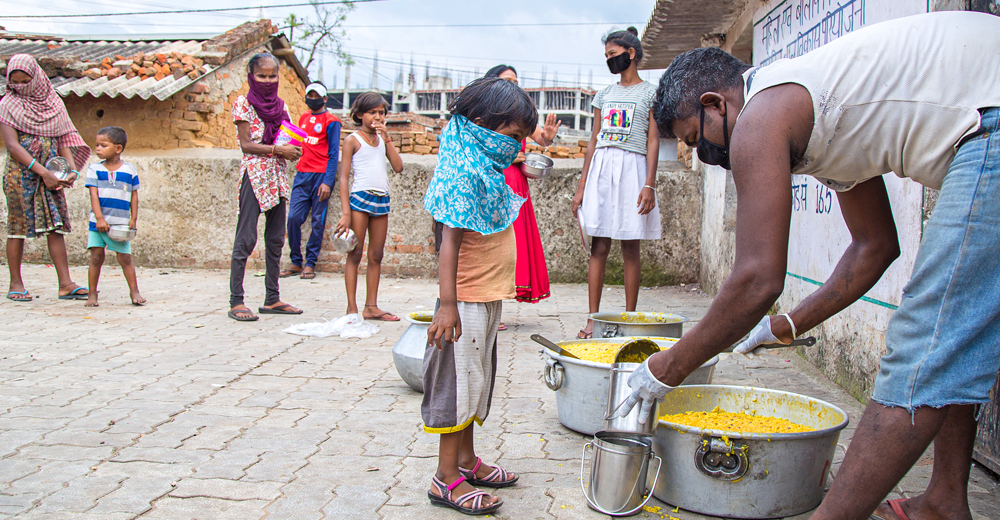
Worked with the District Administration to provide warm wholesome meals to 50,000 families a day in the worst-affected settlements and slums in Jamshedpur
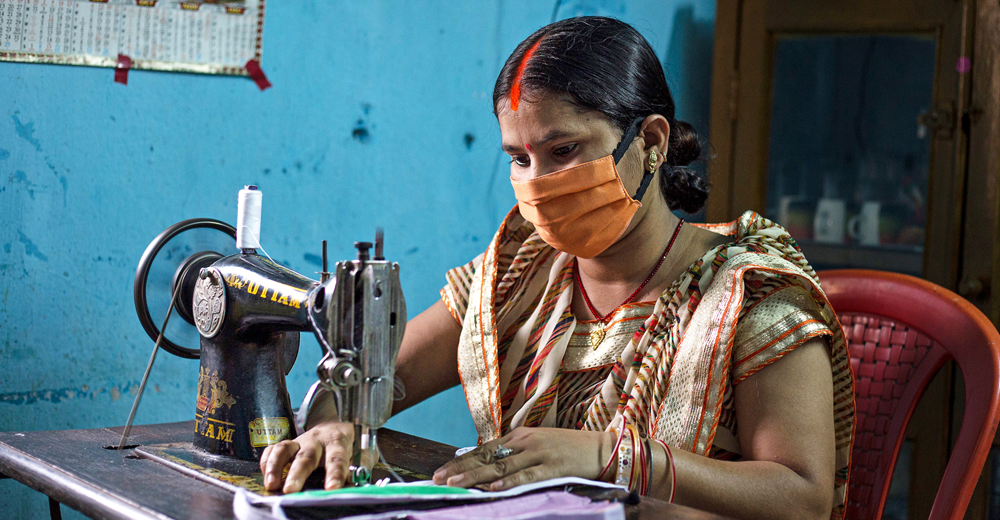
Engaged with communities to make 50,000 three-ply cloth masks for frontline health workers in need of Personal Protective Equipment
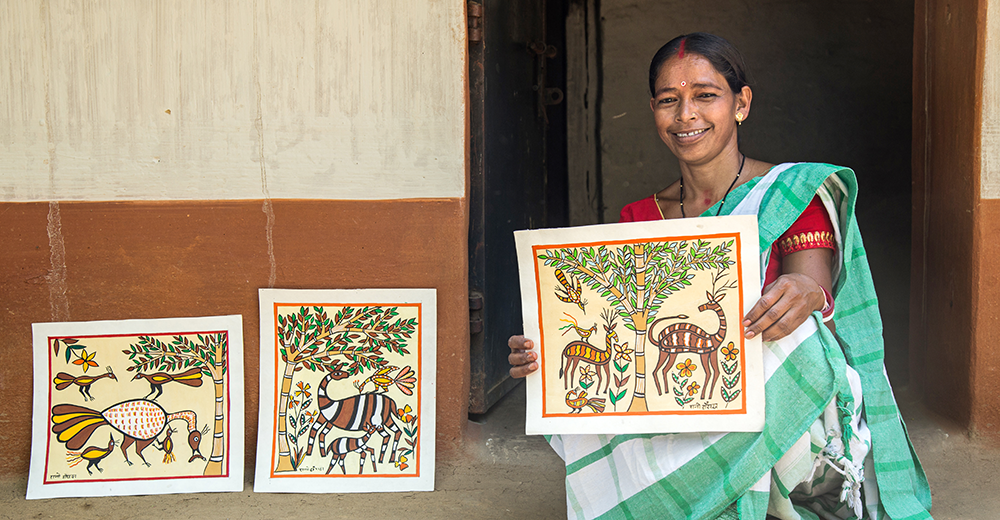
Helping increase the average income of 1,000 households by promoting kitchen gardens, linking farm produce to markets, making bags from newspapers and creating art and textile designs
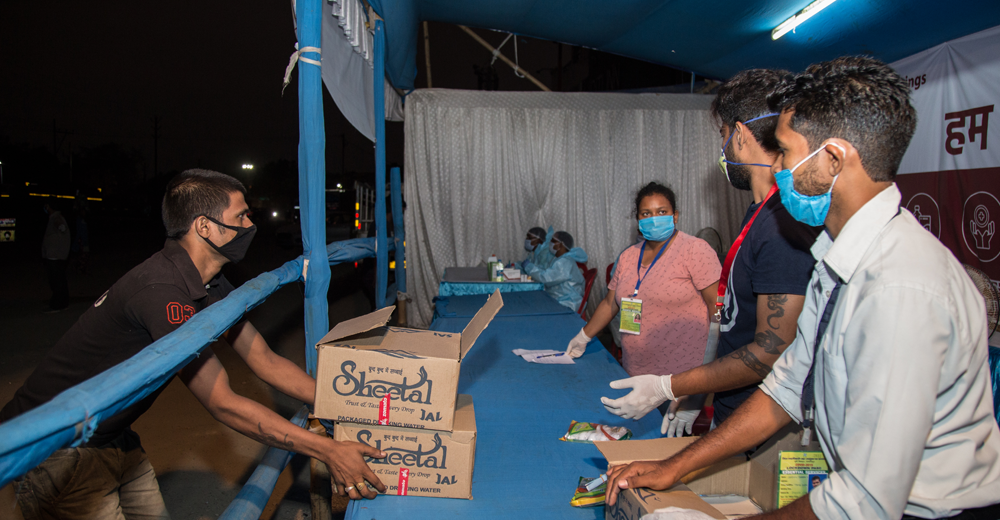
Designed modules with trained psychiatrists and happiness practitioners to pre-emptively address any trauma faced by migrant labour brought upon due to the pandemic
Created a Suicide Prevention Centre with a team of dedicated volunteers, extending emotional support during the pandemic
We set up a 24x7 COVID-19 helpline for employees across locations to disseminate accurate and quick information, including those related to HR and medical.
Speak Up, a Coronavirus Guidelines Violation Reporting Helpline, was created and used extensively for reporting any violations of quarantine rules. For employees who lost their lives to COVID-19, we have extended our social security schemes to the family, including medical benefits; this policy covers both frontline employees and shop floor workers
The pandemic also invalidated the traditional thinking of productivity being contingent on fixed hours of work within an office environment and bust many myths around remote working. We implemented an Agile Working Model in November 2020. Flexible working provided employees the freedom to select work locations of their choice and helped them make decisions pertaining to their personal life to enable better work-life balance.
The new policies have encouraged a trust-based, outcome-driven culture as well as helped attract and retain the best talent available. Having invested in our digital platforms for improved connectivity, we could seamlessly implement the model to ensure continuity of work for employees in their respective environment, presenting more opportunities for them.

We have set up health infrastructure at all our manufacturing and mining locations across Jharkhand and Odisha to ensure the health and well-being of our people and communities.
We coordinated with state governments and local administration to establish COVID Care facilities at all our operating locations.
The 1,000-bed Tata Main Hospital (TMH) at Jamshedpur in Jharkhand has 450 oxygen beds and 78 ventilator beds dedicated for COVID care. In addition, 100 oxygen beds have been provided to two subsidiary company hospitals and a 150-bed COVID care. Centre has been set up for asymptomatic patients and those showing mild symptoms.
In Odisha, the Tata Medica Super Specialty Hospital in Kalinganagar has 120 beds with provision of oxygen and ventilators dedicated to COVID Care, including a 15-bed ICU facility. Along with the Odisha Government and district administration, the NC Autonomous College at Jajpur has been converted into a 200-bed COVID Care Centre.

At the Tata Steel BSL plant in Dhenkanal, a 200-bed COVID Care facility has been set up with oxygen supply and equipped with oxygen concentrators.
COVID Care facilities have also been set up at different locations. A total of 631 beds have been set up across our operational areas in Jharia, West Bokaro, Noamundi in Jharkhand as well as Joda and Gopalpur in Odisha.
We are establishing 1,500-bed COVID hospitals (facilities with oxygenated-beds) at all our manufacturing locations to augment the existing healthcare infrastructure.
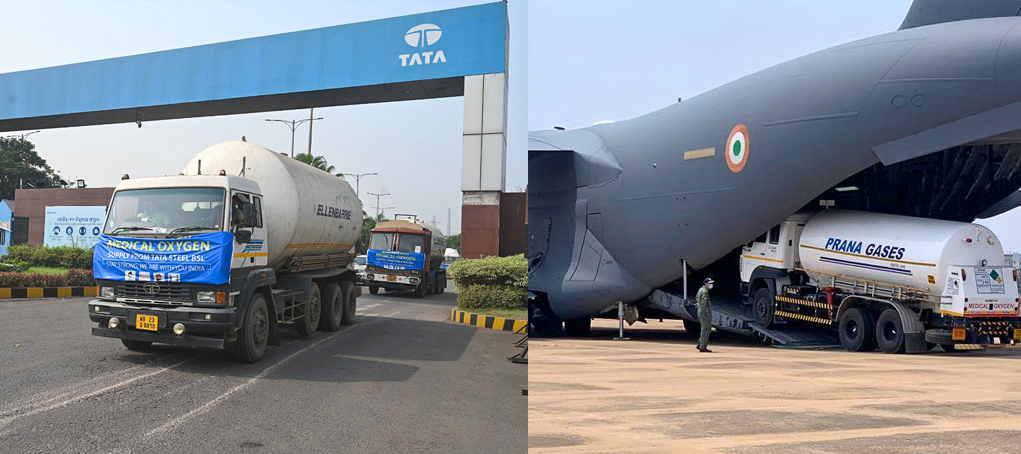
The second wave of the COVID-19 pandemic saw an increase in demand for oxygen for medical use. We are collaborating with all stakeholders to optimise the LMO supply chain.
Liquid medical oxygen supplied till May 2021
We have been collaborating with the central and state governments to augment the supply chain of Liquid Medical Oxygen (LMO) in the country. Under guidance from the Steel Ministry, we have been supplying LMO from our steel plants at Jamshedpur in Jharkhand and Kalinganagar and Dhenkanal in Odisha.
Regular route optimisation exercises combining different modes of transportation such as roadways, rail and air transport have resulted in improvement of turnaround time of oxygen tankers and optimisation of the entire LMO supply chain. Further, a series of initiatives involving technological process improvements at oxygen generating plants have led to an over eight-fold increase in LMO supplies from our plants from March to May 2021.
While there have been collaborative efforts from the Central Government, state governments and steel companies to manage the supply chain of LMO in the country, we have taken a proactive approach to set up large-scale COVID Care facilities with oxygenated beds close to our steel plants to enable usage of oxygen near its production source and reduce time taken for transportation of LMO to the extent possible.
